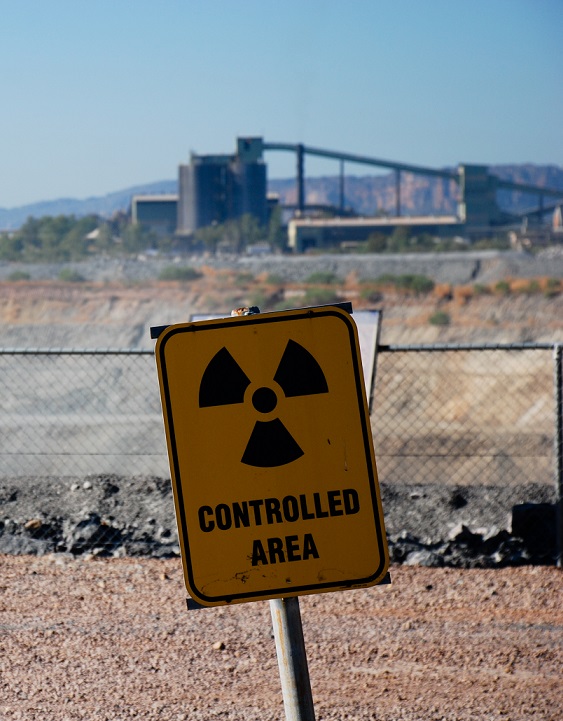Mine-cancer link denied
 The NT Government says the Ranger Uranium Mine in Kakadu is not responsible for a nearby cancer cluster.
The NT Government says the Ranger Uranium Mine in Kakadu is not responsible for a nearby cancer cluster.
A six-year investigation into an apparent cancer cluster in Aboriginal communities near the mine has found “no evidence that environmental ionizing radiation was responsible for the excess cancers or foetal deaths”.
The inquiry was triggered by the Northern Territory's Chief Health Officer in 2014, after evidence of the cancer cluster emerged at the same time as a proposal to expand the mine to underground operations.
The investigation, overseen independently by epidemiologist Professor Bruce Armstrong, did confirm that rates of head, neck and lung cancer, as well as foetal deaths, were higher for Aboriginal residents in Gunbalanya-Kakadu area than for the rest of the NT Aboriginal population.
However, it linked the higher rates to risk factors including smoking, alcohol consumption and poor diet.
“The investigation found that the prevalence of several modifiable risk factors (particularly smoking and alcohol consumption, and poor diet) was higher in this population than in other Aboriginal populations in the Top End of the NT,” the report said.
“These differences could explain the higher incidence of lung cancer and head and neck cancers in the Gunbalanya-Kakadu population, despite the study's limited capacity to investigate this directly.”
It found no evidence to directly link ionizing radiation to the cancer cluster, but could not be definitive about the link to lifestyle factors either.
“The investigation found that little, if any, of the increased risk of cancer in this population could be explained by ionising radiation originating in the Ranger Uranium Mine or from environmental sources,” the report says.
“The investigation was unable to fully explain the reasons for the higher occurrence of these cancers and can only partially explain the reasons for a higher foetal death rate in these communities,” Northern Territory Chief Health Officer Hugh Heggie said.
The Gundjeihmi Aboriginal Corporation (GAC), which represents the Mirarr traditional owners of the area, does not want the matter to end with the report.
“We're calling on the Government, given the uncertainty in these results, to adopt the precautionary principle and adopt a comprehensive health monitoring program of every individual living in that region,” GAC chief Justin O'Brien told reporters.







 Print
Print